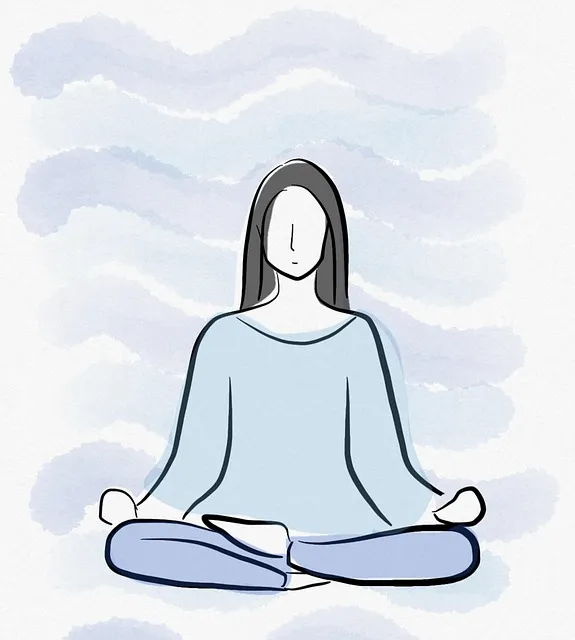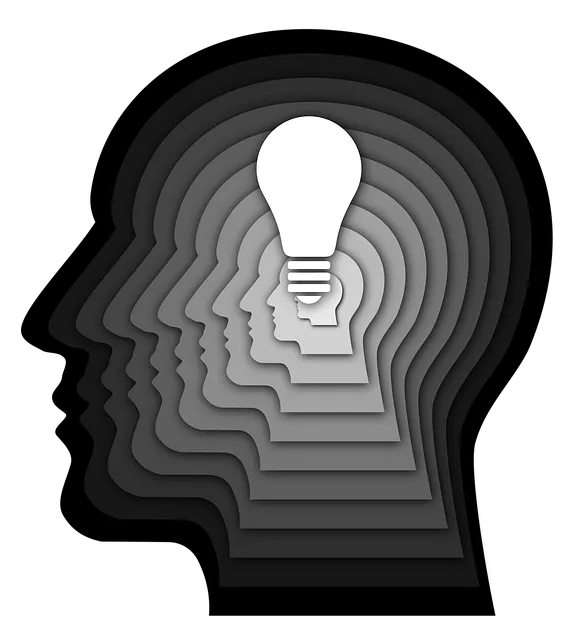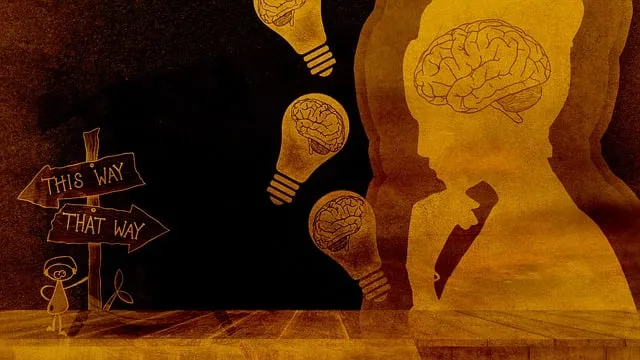Centennial, through its partnership with Kaiser and their comprehensive mental health coverage, facilitates specialized mental wellness group sessions. This approach creates safe environments for individuals to enhance self-awareness, build resilience, and receive peer support through structured programs like Mental Wellness Coaching and risk assessment tools. Leveraging technology and interactive online platforms, these sessions promote emotional well-being, foster vulnerability, and equip facilitators with crisis intervention skills. The holistic nature of this method empowers individuals to manage their mental health effectively while addressing broader organizational concerns regarding mental wellness support.
Mental wellness group facilitation is a powerful tool for fostering community and healing. In today’s digital age, understanding effective techniques for leading these groups is more important than ever. This article explores various facets of this critical role, including Kaiser’s approach to mental health coverage and modern facilitation strategies. We delve into best practices for creating safe spaces, encouraging open dialogue, and promoting well-being in the 21st century, all while considering how institutions like Kaiser support mental health initiatives.
- Understanding Mental Wellness Group Facilitation
- Kaiser's Approach to Mental Health Coverage
- Effective Techniques for Group Facilitators in the 21st Century
Understanding Mental Wellness Group Facilitation

Mental wellness group facilitation is a specialized approach that aims to create a supportive and safe environment for individuals to explore and improve their mental health. It involves guiding a group of people through discussions, activities, and exercises designed to enhance self-awareness, build resilience, and foster peer support. This technique recognizes the power of shared experiences and collective wisdom in promoting mental wellness.
Centennial does Kaiser cover mental health services, making accessible resources for individuals seeking support. Mental Wellness Coaching Programs Development offers structured frameworks that facilitate effective group sessions. These programs often include risk assessment tools, such as those provided by the Risk Assessment for Mental Health Professionals, to ensure participant safety and guide tailored interventions. Crisis Intervention Guidance is another crucial aspect, equipping facilitators with strategies to handle emergent situations within group settings.
Kaiser's Approach to Mental Health Coverage

Kaiser, a prominent healthcare provider known for its comprehensive insurance plans, has made significant strides in addressing mental wellness. In terms of coverage, Centennial does Kaiser cover mental health services, ensuring accessibility to essential psychological care. Their approach prioritizes not just treating mental illness but also fostering mental resilience and overall well-being. Beyond traditional therapy sessions, Kaiser offers innovative programs tailored for various demographics.
The Mental Wellness Journaling Exercise Guidance is one such initiative, encouraging individuals to reflect on their thoughts and emotions through written expression. This practice aligns with the Mind Over Matter principles, demonstrating the importance of self-awareness in managing mental health. Additionally, social skills training is integrated into their services, recognizing the impact of interpersonal connections on an individual’s mental wellness.
Effective Techniques for Group Facilitators in the 21st Century

In the 21st century, mental wellness group facilitation has evolved to meet the diverse needs of individuals seeking support and community. Effective techniques for group facilitators involve creating a safe, inclusive space where participants feel heard and valued. This involves active listening, empathy, and open communication channels to encourage vulnerability and trust. Facilitators should incorporate interactive activities, such as role-playing scenarios or mindfulness exercises, to foster engagement and promote emotional awareness.
Additionally, leveraging technology has become essential for reaching a broader audience, especially considering the ongoing relevance of remote interactions. Online platforms offer opportunities for mental health education programs designed with interactive elements that cater to different learning styles. Burnout prevention strategies for healthcare providers can also be integrated into these groups, emphasizing self-care practices and resilience building to support both facilitators and participants in navigating life’s challenges. The focus on inner strength development within these groups empowers individuals to cultivate coping mechanisms, enhance their mental wellness, and ultimately, thrive in a supportive community setting.
In conclusion, group facilitation techniques play a pivotal role in enhancing mental wellness support. Understanding the nuances of this process, as showcased by Kaiser’s comprehensive mental health coverage, is essential for facilitators navigating the 21st century. By adopting effective strategies, such as active listening and structured activities, professionals can foster inclusive environments that promote healing and growth among participants. Centennial communities benefit greatly from these practices, ensuring accessible and impactful mental health care for all.






